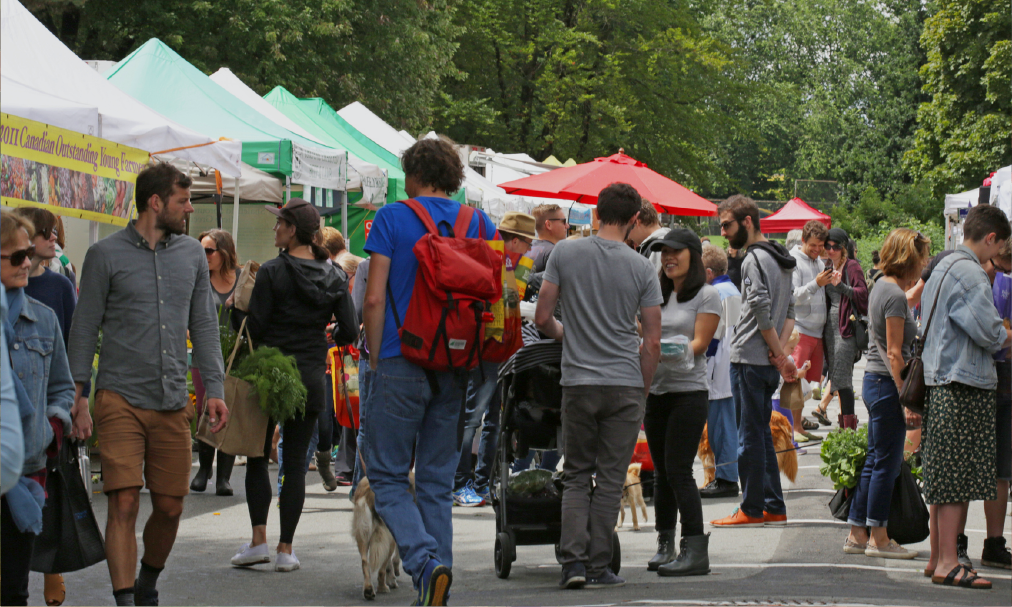
News sections of newspapers around the world portray street markets as sources of corruption, while in the metro, travel, or food sections, those same markets are celebrated as sources of sociability, economic mobility and local character and are yet notably absent from the business pages.
Markets and merchants are intimately woven into human history, and human history is in no small degree a history of markets. Important elements of law, politics and family life emerged from markets and religion spread by trading relationships. Markets are simultaneously abstract and concrete, flexible and stable, and policy makers have poured their expectations for food security and job creation into markets. Politicians have heaped praise and criticism, and immigrants have put their hopes for better lives into markets.
Markets are constantly being remade in light of new opportunities and demands for new trading relationships.
In other blogs I will explore this history of food and marketplaces, but for now, let me enumerate ten myths people have about farmers markets:
- Markets are disorganized and disorderly
- Markets are sources of illegality, particularly in taxation
- Markets and merchants are dirty or unsanitary, the food is not of the farmer
- Markets are rip-offs and merchants defraud customers
- Markets are dead-end activities and merchants live hand to mouth
- Markets are inefficient and merchants are not “real” business people
- Markets are unimportant, disconnected from the larger community
- Merchants are without ambitions
- Markets are for the rich
- Market participation is biased by race or class
Like all myths, each of these has some basis in reality and the reality will always be a mixed bag of positive and negative perceptions. What matters most is how particular interest groups and organizations harness negative perceptions and use them to command the attention of policy makers. In the blogs ahead I will pursue a fundamentally constructive purpose: I will disentangle these myths in order to show how merchants and policy makers are recovering markets as important tools of city planners and public policy makers as well as helping households realize their economic aspirations.
